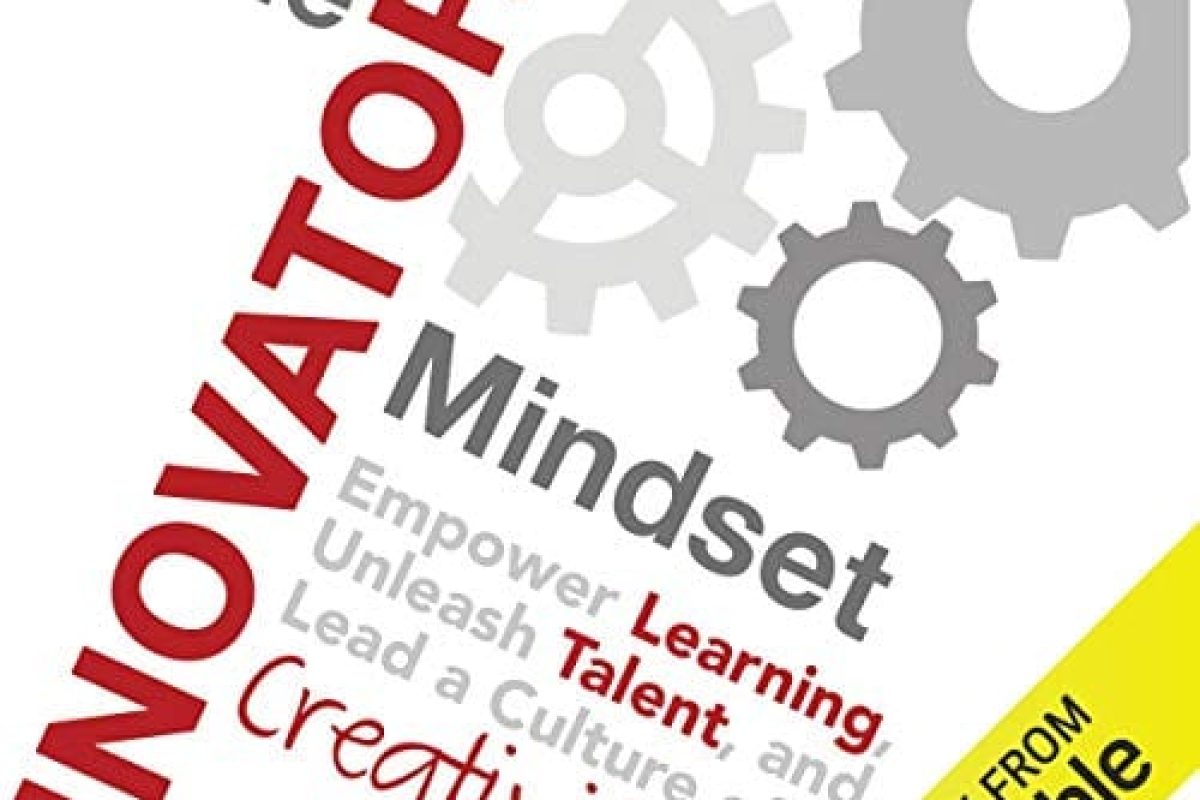In the world of educational theory and practice, George Couros’s “The Innovator’s Mindset: Empower Learning, Unleash Talent, and Lead a Culture of Creativity” stands out as a seminal work aimed at transforming traditional educational paradigms into dynamic, creative platforms that foster innovation and engage the digital generation effectively. This book is not merely an instructional guide but a manifesto urging educators to rethink their roles and the environments they create for learning.
Couros, an influential educator and speaker with extensive experience in teaching and school administration, introduces the concept of the ‘Innovator’s Mindset,’ which he defines as the belief that abilities, intelligence, and talents are developed leading to the creation of new and better ideas. This mindset is crucial for educators if they are to prepare students for a rapidly changing world.
The book is neatly structured into three parts, each focusing on different facets of adopting an innovator’s mindset. The first part sets the stage by discussing the need for innovation in education, differentiating it clearly from mere technology integration. It is here that Couros makes a compelling argument: innovation isn’t about using technology to teach the same old curriculum in a new way; it’s about transforming teaching to inspire greater creativity and problem-solving skills in students.
In the second part, Couros outlines eight characteristics of the Innovator’s Mindset (such as being empathetic, risk-taking, networked, observant, team oriented, and reflective) and integrates these with practical strategies to implement such traits in educational settings. The anecdotes and scenarios presented are both relatable and inspirational, offering a glimpse into classrooms where these traits not only flourish but also result in exceptional educational outcomes.
The final section of the book discusses the crucial role leadership plays in fostering a culture of innovation. Couros emphasizes that creating a broader institutional culture that values and encourages innovation starts at the top. This part of the book is particularly relevant for administrators and policy-makers as it delves into how decisions in hiring, professional development, and policy can dramatically influence the pedagogical direction of an institution.
What sets this book apart is its accessibility and practicality. Couros writes with a conversational tone, packed with questions that provoke reflection among educators about their own practices. Moreover, each chapter concludes with thought-provoking questions and ideas for action, making this book a useful tool for both personal growth and group professional development.
Couros also does an excellent job of integrating technology into the discussion. He acknowledges the pivotal role of digital tools in contemporary education but maintains that technology should enhance, rather than dictate, educational innovation. His perspectives help demystify fears that innovation might only be about high-tech classrooms, stressing instead the importance of the educator’s role in guiding learning.
In summary, “The Innovator’s Mindset” is a highly recommended read for educators, administrators, and anyone involved in educational leadership. Couros successfully challenges conventional norms and encourages a shift towards a more proactive, innovative, and inclusive educational practice. The book is not just a call to action; it is a roadmap for creating a culture of empowerment and creativity in education, making it a must-read for those looking to leave a lasting impact in the field.




